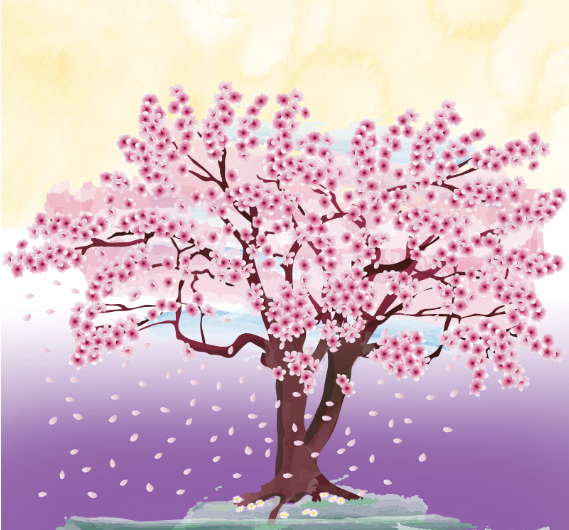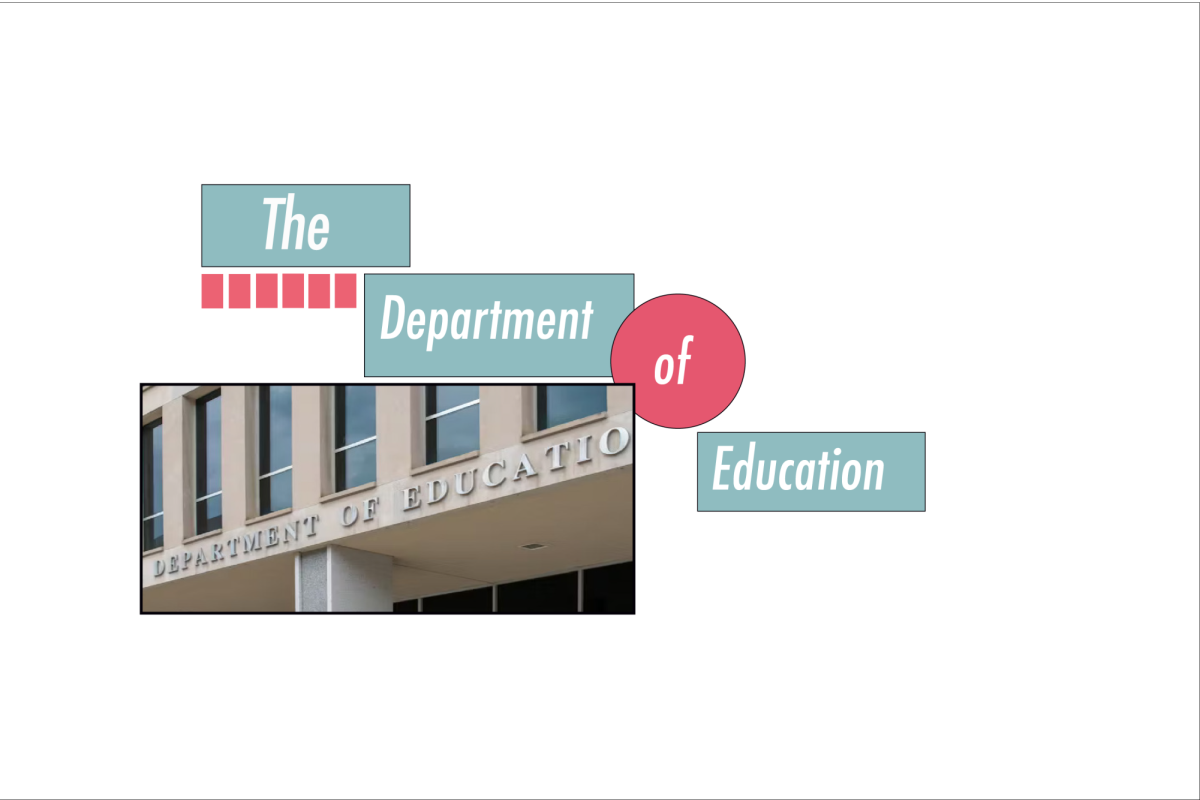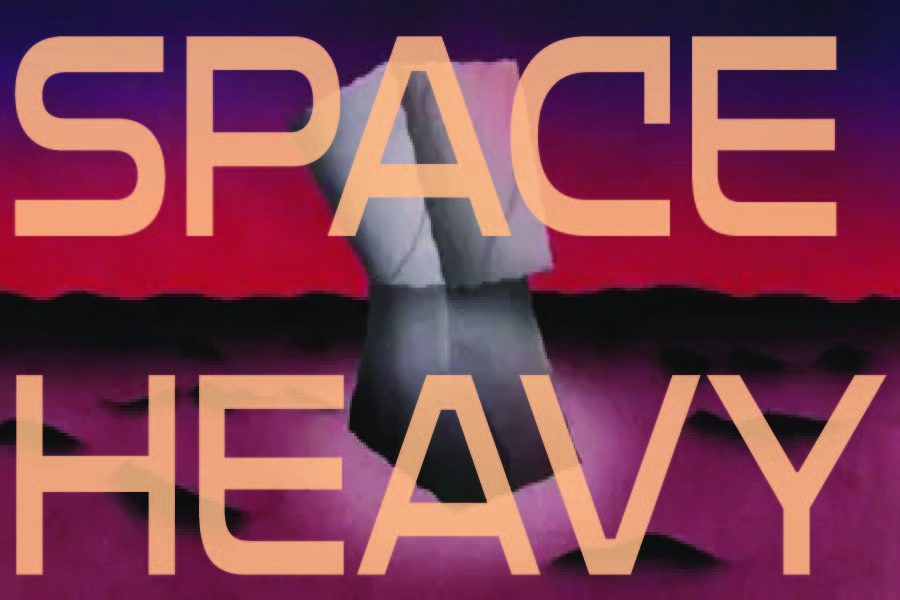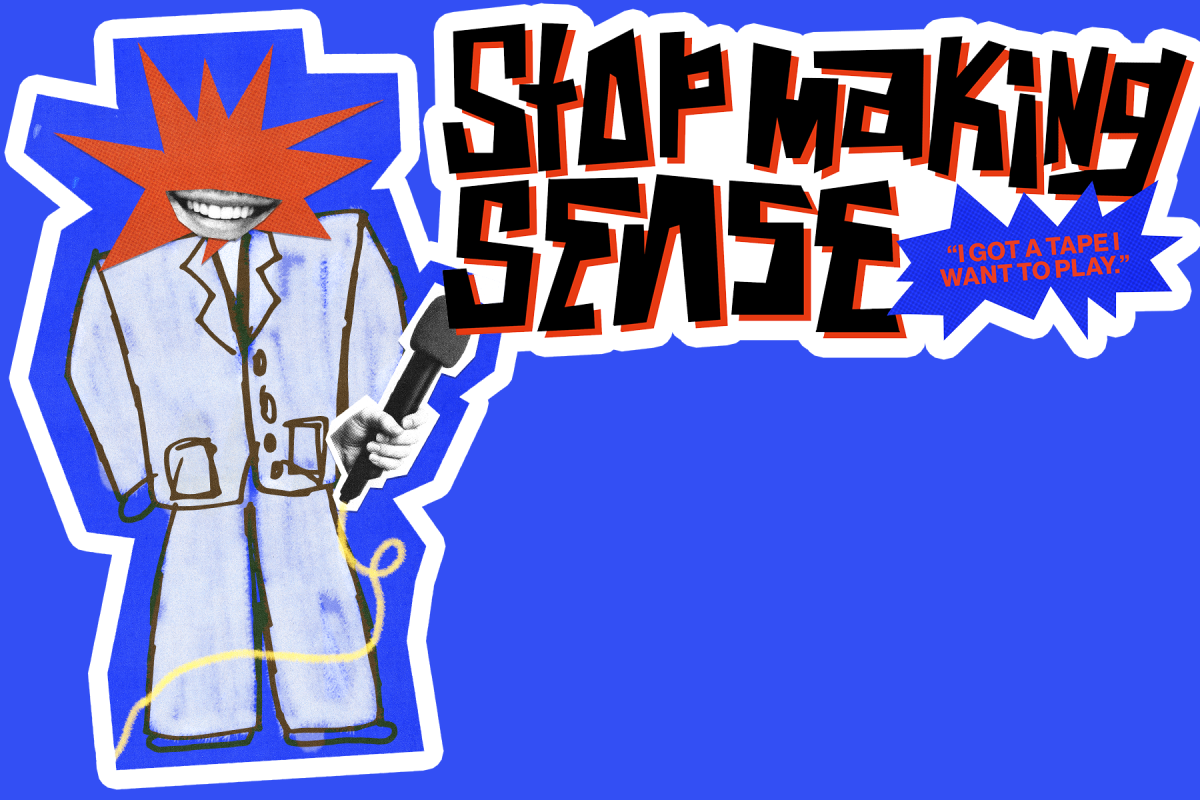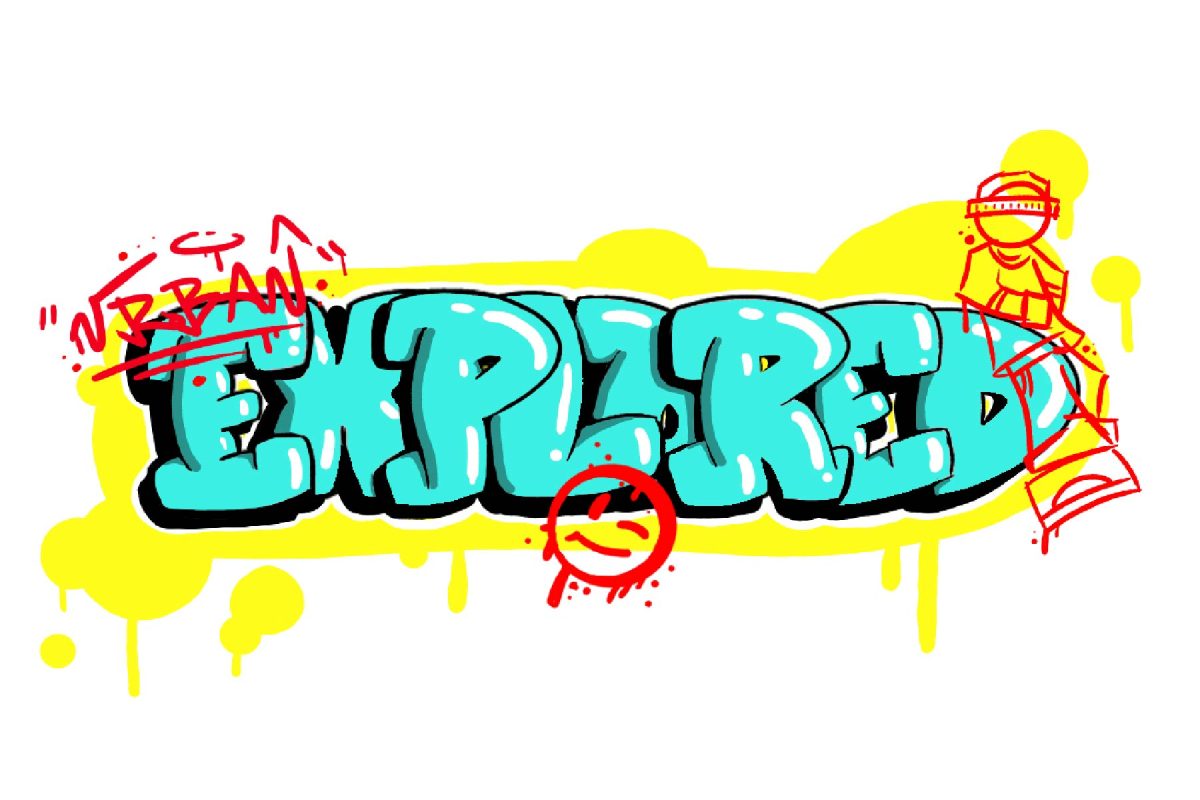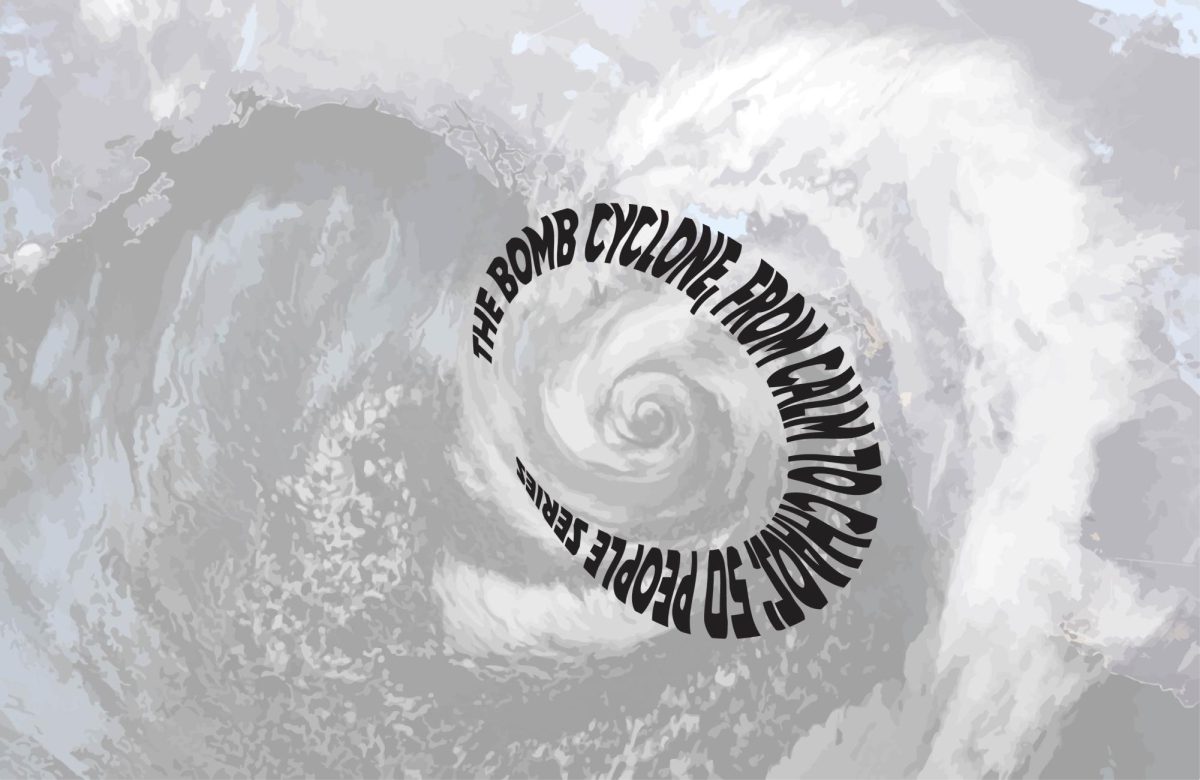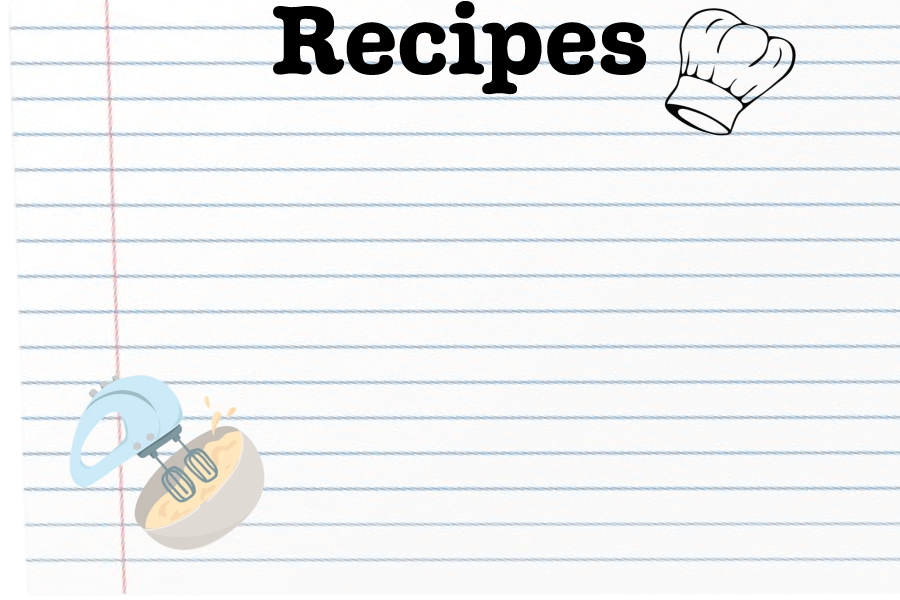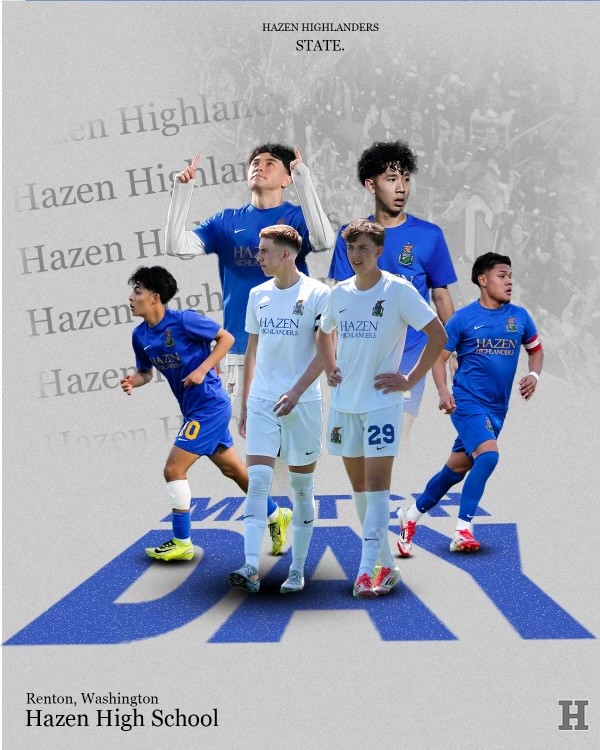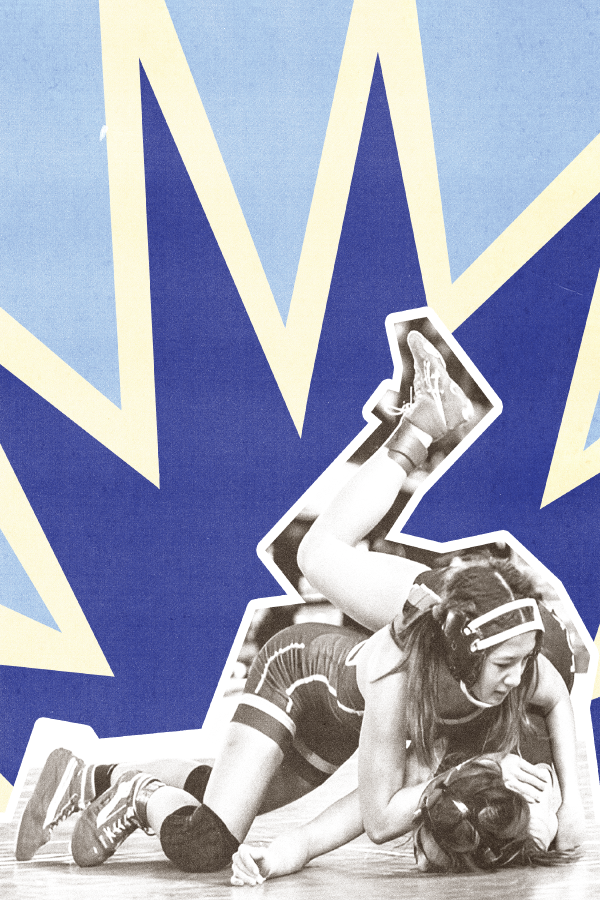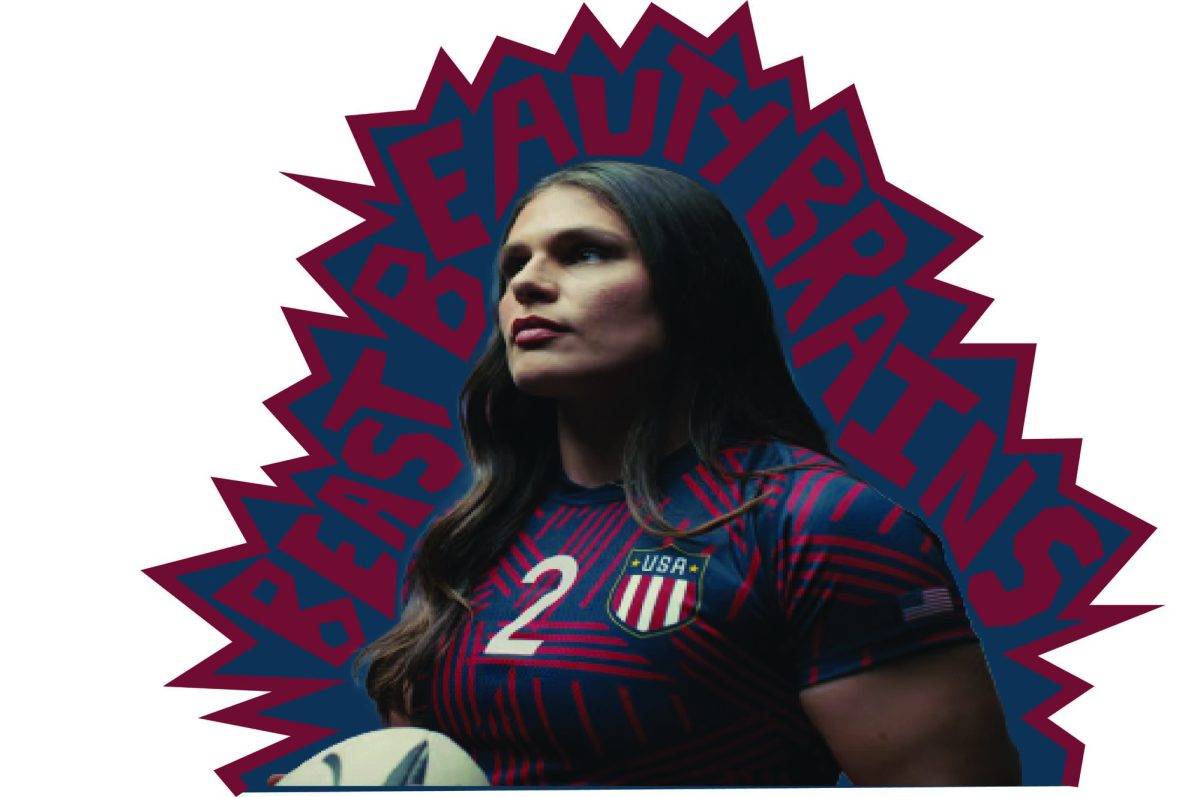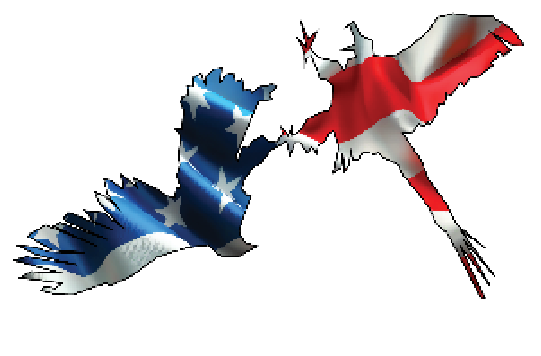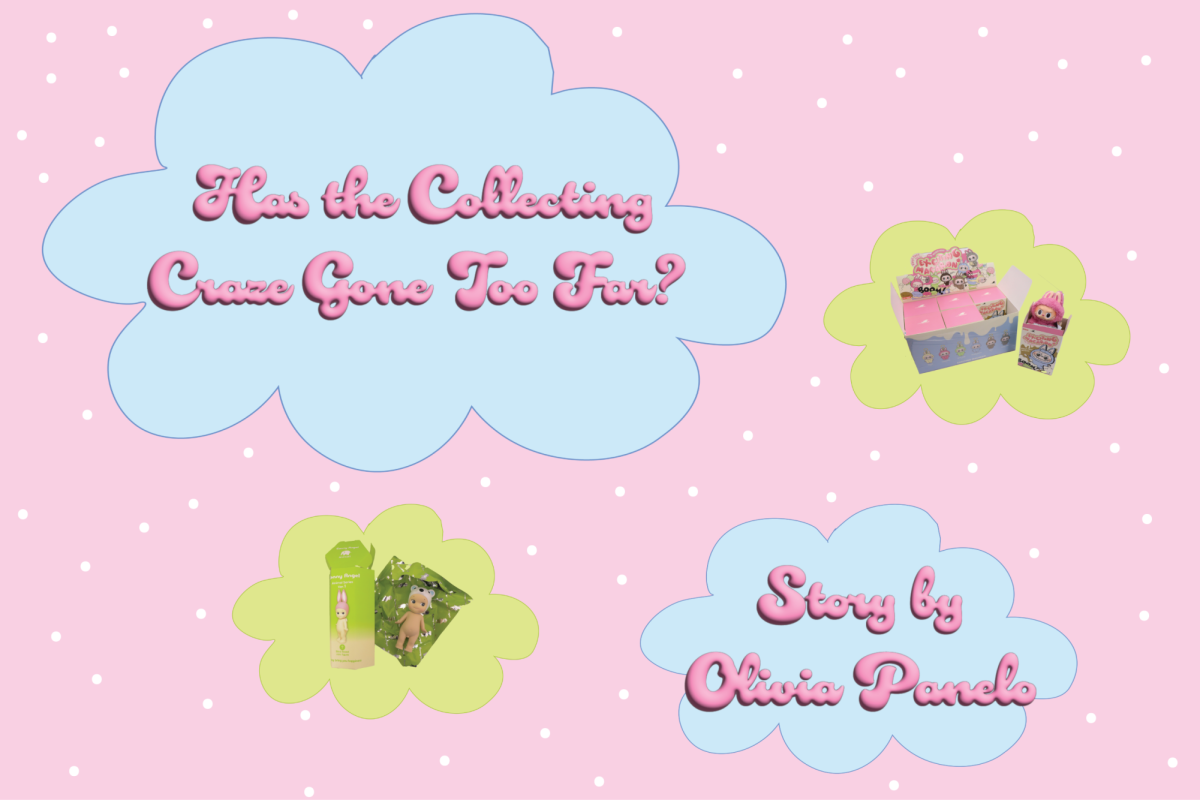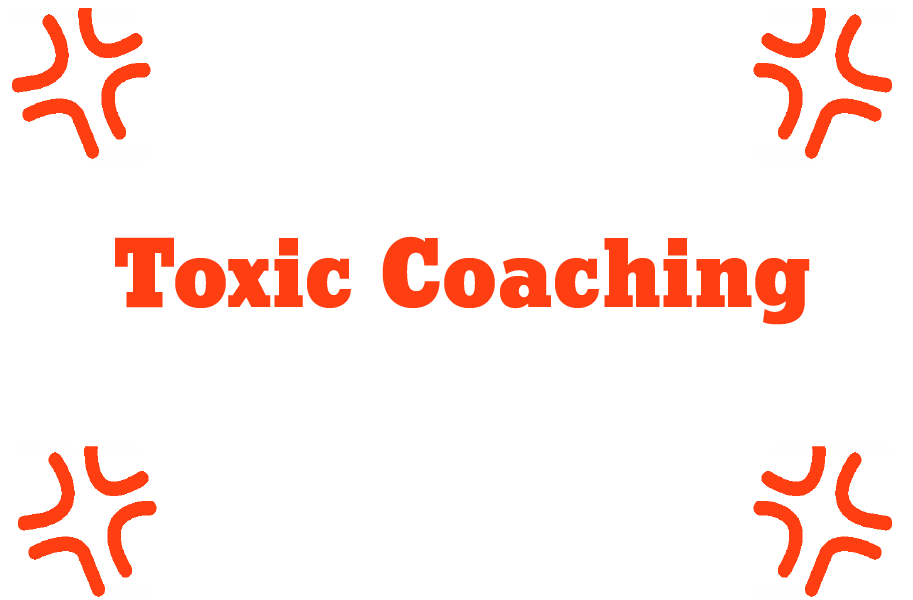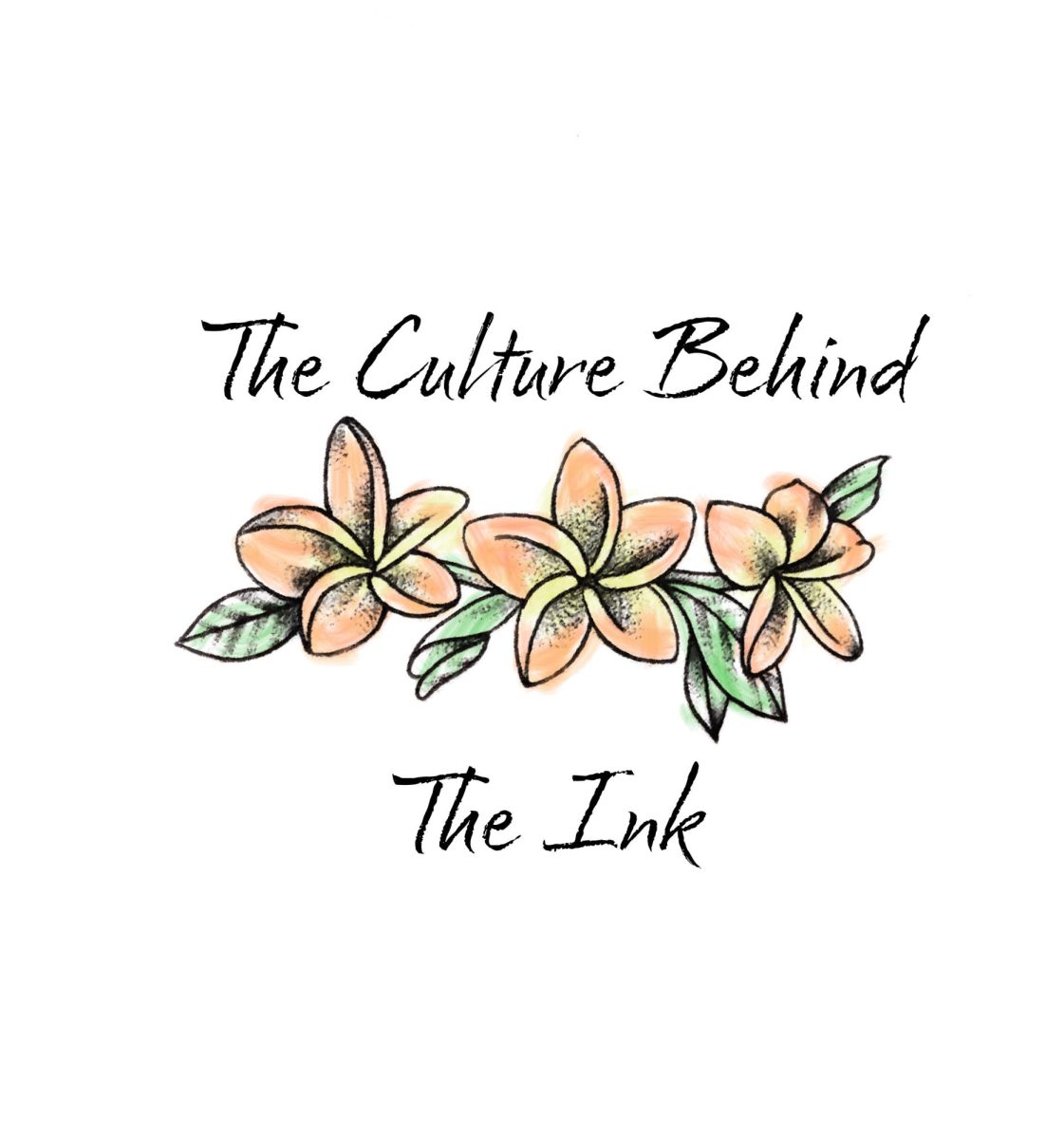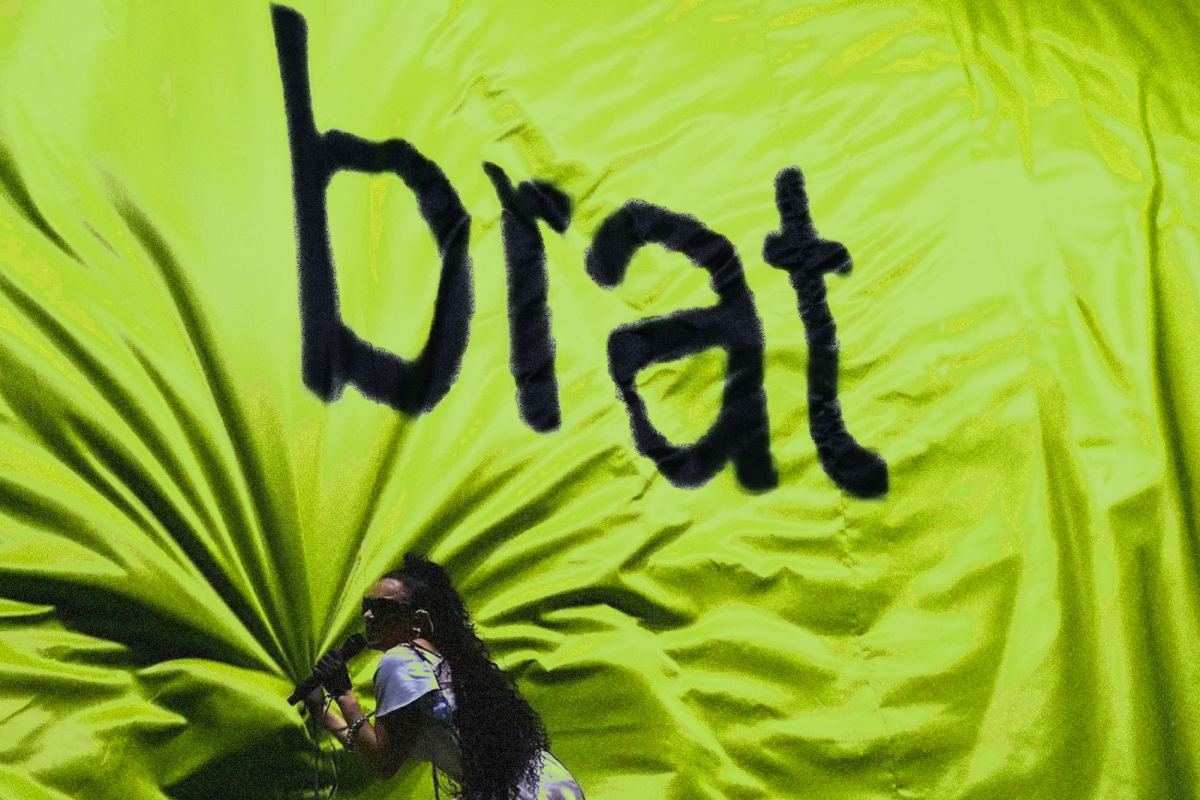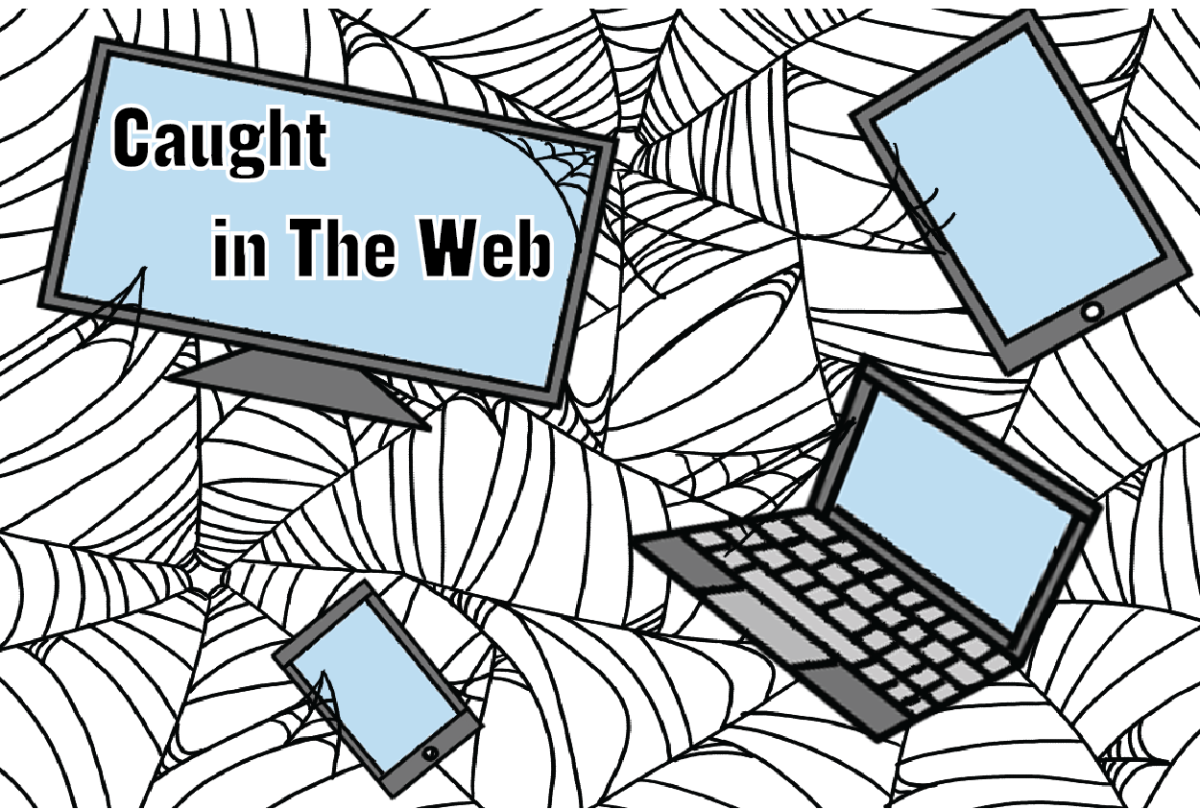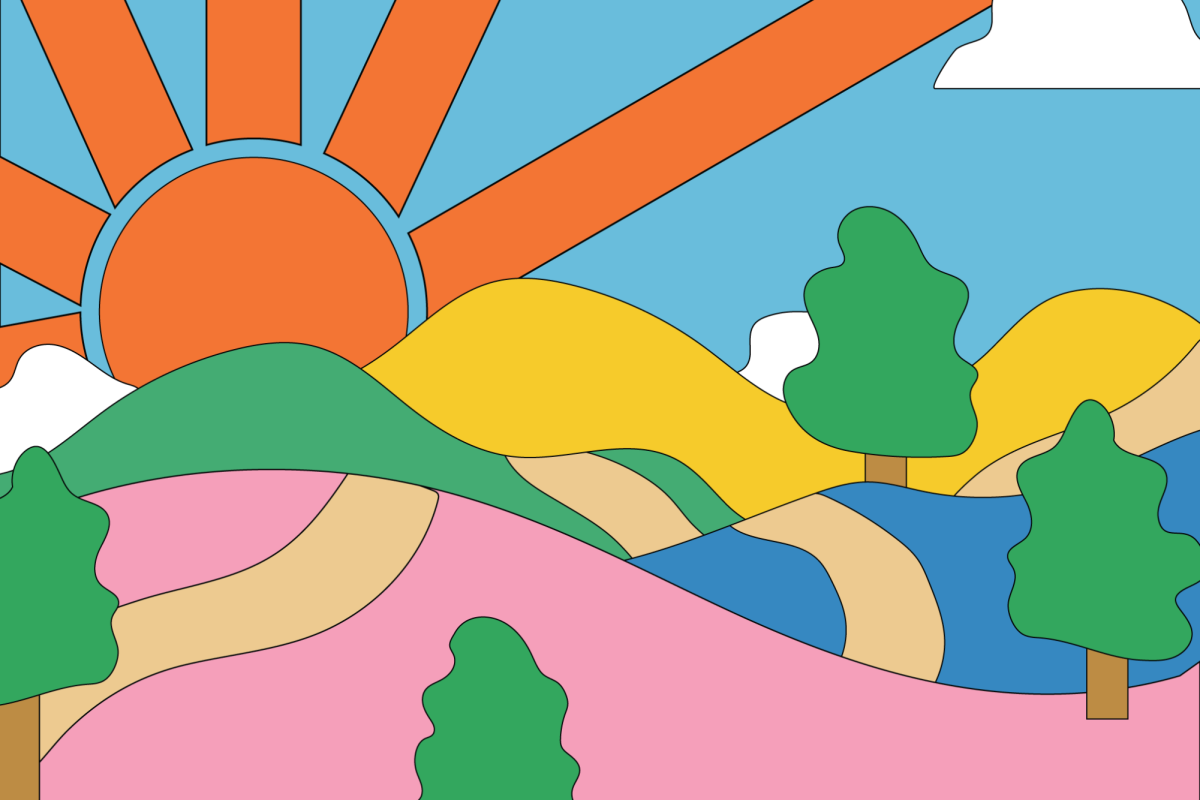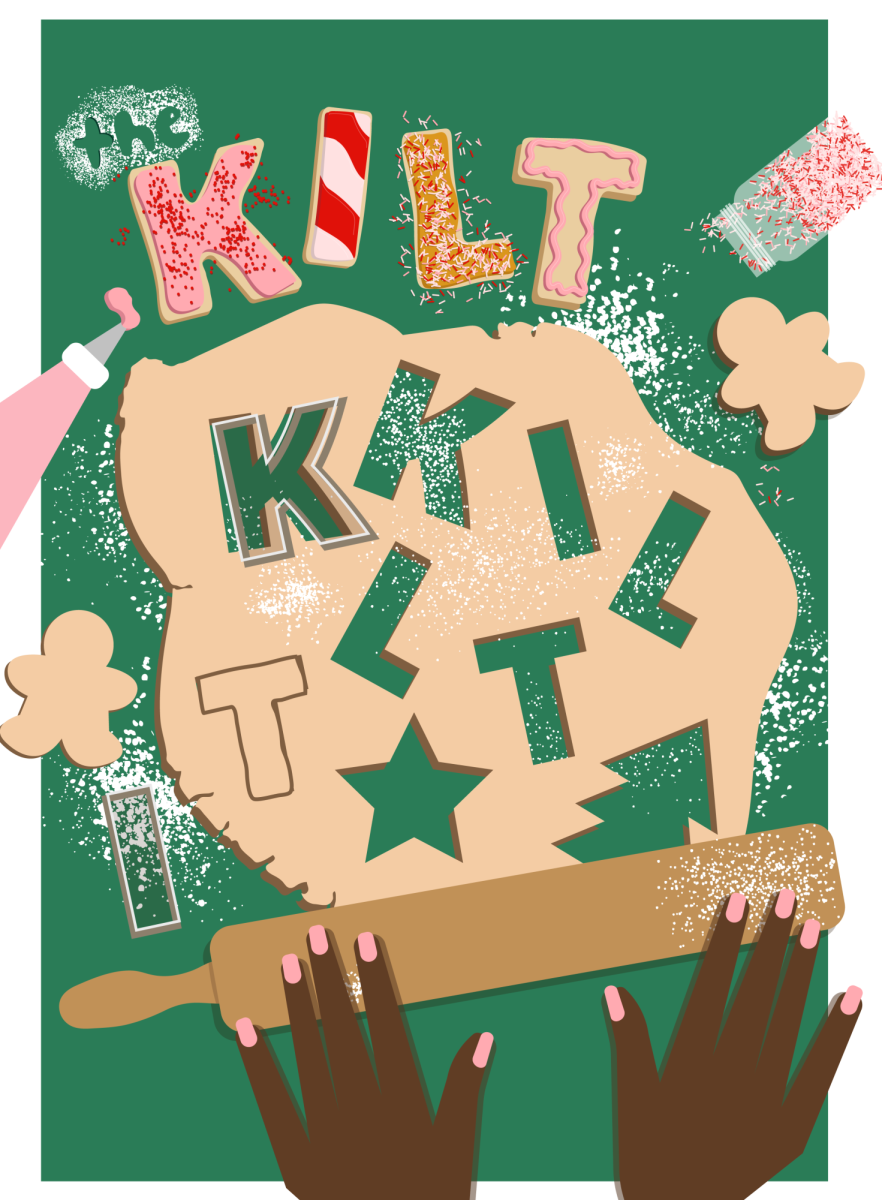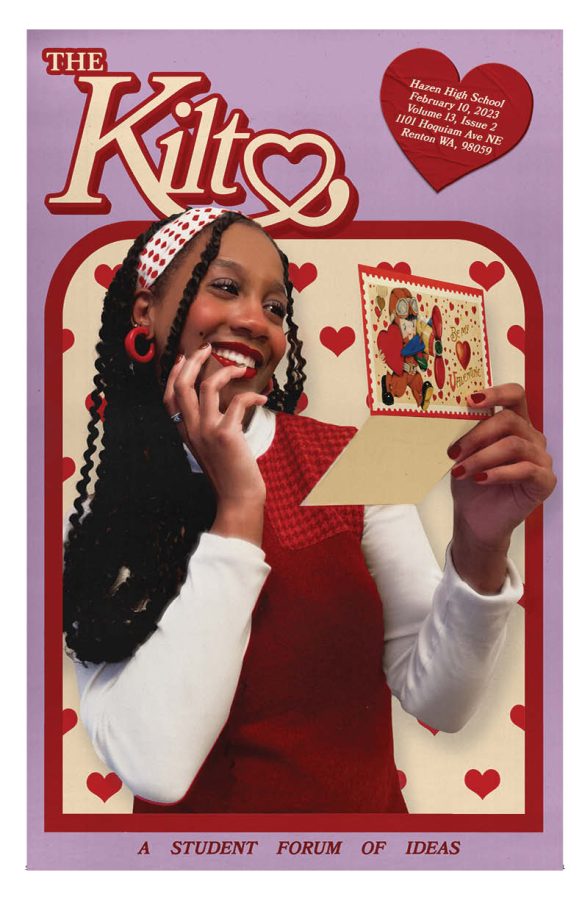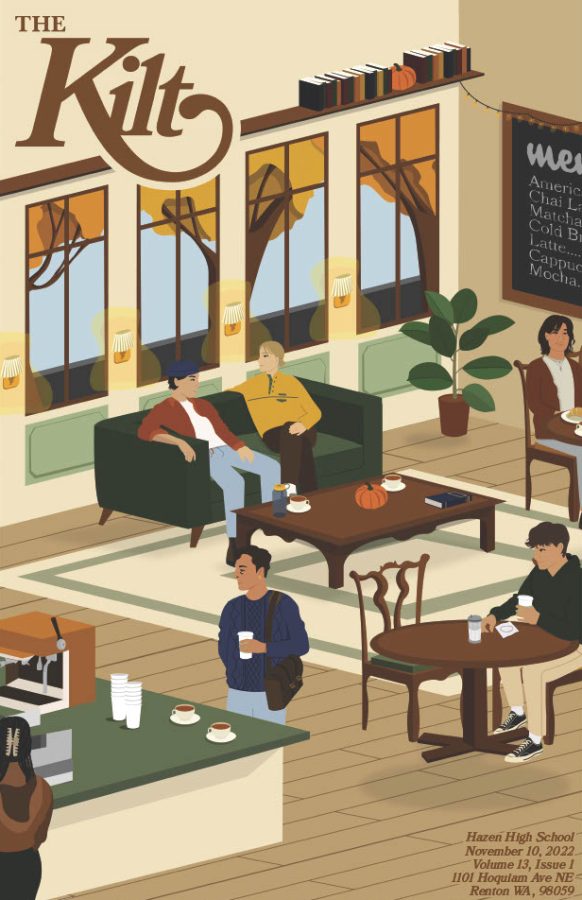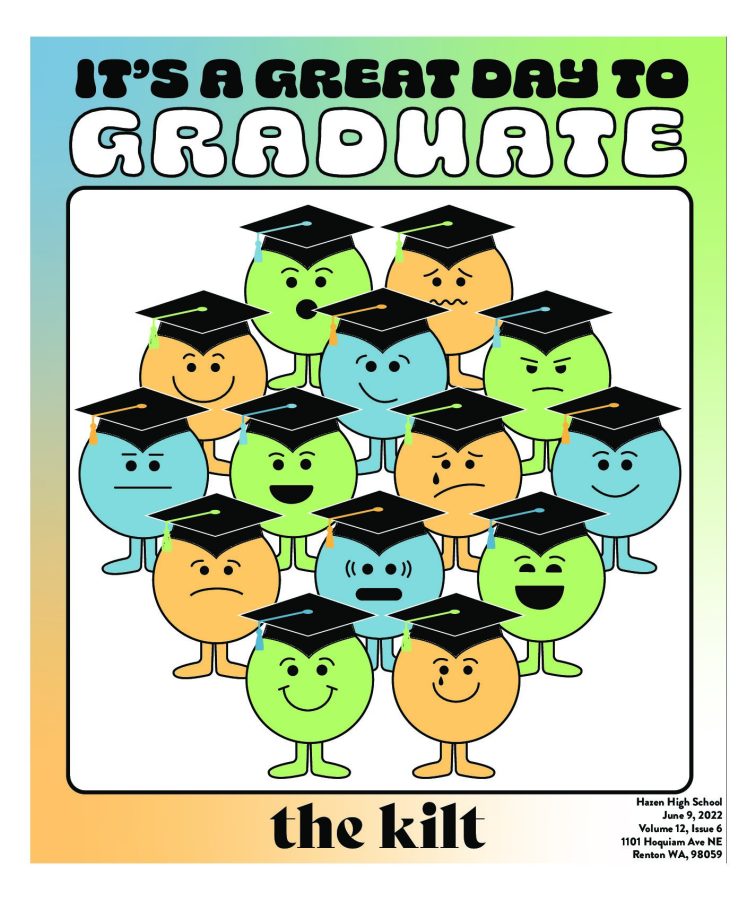Does the 7:20 am school start time ever feel too early, and you need a little dose of energy? Most students either have a cup of coffee or grab something quick out of the fridge like an energy drink.
Most energy drinks have ingredients that teens shouldn’t be consuming. For example, 30-40 grams of sugar and 75-300 mg of caffeine. Consuming too much caffeine can cause insomnia, anxiety, increased heart rate, dehydration, chest pain, and heart failure. The consumption of energy drinks can make a life-changing difference.
Someone who experienced a major impact is Sarah Kitz, a 21-year-old college student who died from cardiac arrest after drinking an unknown amount of Panera Bread’s charged lemonade since the drink was advertised as “clean.”
This young student avoided energy drinks because of a heart condition she had didn’t think much would happen from having it, based on the healthy advertisement it had, and not being under a caffeine label.
It is now advertised that people sensitive to caffeine, children, and pregnant or nursing women should not have this drink. A 20 oz charged lemonade contains 260 mg of caffeine, and the 30 oz contains 390 mg of caffeine. Having or not having a health condition, too much of anything will not benefit you.
Both coffee and energy drinks have caffeine, but it’s important to focus on what other ingredients you are having alongside it. With high sugar levels and other chemicals such as theobromine and theophylline, consuming too much could be damaging. Consuming too much Theobromine and Theophylline can poison you, and leave you with health issues such as gastrointestinal distress (a group of digestive disorders), insomnia, cardiac failure, and seizures.
Do you become more stressed when you have energy drinks?
“It enhances my anxiety a little more.” Salma Khalil (11), said.
Having even one energy drink a day could have an impact on your body because it will start to rely on caffeine and sugar. Teens (17 and under), should be having 100 mg of caffeine or less since our bodies are so sensitive.
Brands to stay away from would be Monster, Red Bull, Rockstar, and Bang. Brands that are safe to grab would be FOCUSAID Clean Energy. This drink contains 100 mg of caffeine, 7g of sugar, and is sweetened with organic stevia leaf extract and organic agave nectar. This drink is perfect for energy, something sweet, and a healthy choice! Another great option is Nuun Sport + Caffeine with 40 mg of caffeine from green tea extract which is a natural energy booster, and 1g of sugar. This drink is a tablet that dissolves in water and gives hydrating electrolytes, unlike other energy drinks which will dehydrate you. A brand that is often mistaken as a healthy option is Celsius with it having 0g of sugar but 200 mg of caffeine which goes over the recommended amount of caffeine to consume.
About one-third of teens drink energy drinks regularly, and a common place people have an energy drink is at school. Students at Hazen who drink energy drinks were asked some questions.
How do you feel after having an energy drink?:
“I feel okay, but sometimes my stomach and head hurts.” Zoe Anderson (10), said.
How many energy drinks do you have a week?:
“Maybe 4 times a week.” Samantha Whiteker (10), said.
Many students around the world are feeling the same impact from energy drinks, so start making the better choice for you today.

